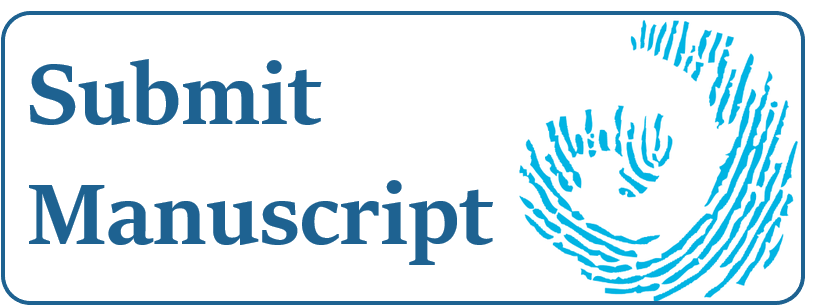Temporalities and Values in an Epistemic Culture: Citizen Humanities, Local Knowledge, and AI-supported Transcription of Archives
Abstract
An enormous amount of handwritten documents in archives can only be accessed by experts trained in reading older handwriting. Through artificial intelligence (AI)-supported technology, they can now be transcribed and made available for wider audiences. To produce transcriptions an AI needs training and a feasible way is to invite citizens to fulfil such tasks. To understand how an epistemic culture develops in such work, this study conducted interviews with participants on how they associate value, meaning and recognise themselves as active epistemic subjects in relation to the project. Despite that the formation of an epistemic culture are beyond the influence and control of project owners, findings show a strong relation between participants’ knowledge of local history, and personal and emotional ties to archival content, for achieving high quality in AI-transcriptions.
Copyright (c) 2024 The Authors

This work is licensed under a Creative Commons Attribution-NonCommercial-NoDerivatives 4.0 International License.
From 2022 (Volume 50) authors contributing to Archives & Manuscripts agree to publish their work under the terms of the Creative Commons Attribution-NonCommercial-NoDerivatives License), which permits non-commercial re-use, distribution, and reproduction in any medium, provided the original work is properly cited, and is not altered, transformed, or built upon in any way. Authors retain copyright of their work, with first publication rights granted to A&M.




